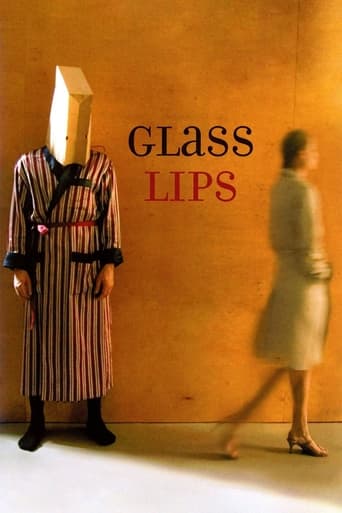

What makes it different from others?
... View MoreInstead, you get a movie that's enjoyable enough, but leaves you feeling like it could have been much, much more.
... View Moreif their story seems completely bonkers, almost like a feverish work of fiction, you ain't heard nothing yet.
... View MoreGreat story, amazing characters, superb action, enthralling cinematography. Yes, this is something I am glad I spent money on.
... View MoreObviously, it doesn't make a lot of sense to say that one has "understood" this movie, and different viewers will produce different readings, but a story emerges rather nonlinearly. There is no dialogue and the only voice is that of an answering machine that gives the date at one point. The protagonist is Sebastian, whom we see as a child and later as an inmate of an insane asylum. Sebastian is abused and mistreated by his father. Sebastian's mother disagrees in a rather ineffectual way, and in fact is part of one aspect of the abuse, forcing religion upon and unwilling Sebastian. We witness Sebastian's preoccupation with sex (the toy train scene), his fascination with fire (the toy fire engine scene) and his fall into madness. The feelings of Sebastian's father for his wife seem to be generically sexual, no different from the feelings he experiments for other women. The movie ends with Sebastian's mother aging, dying and the final scene is a reconciliation of father and mother in a paradise that reminds one of David Lynch's various versions of Heaven.Some of the scenes are totally surrealistic, and perhaps dreams. One is the earthquake caused by splitting a photo, another is Sebastian's mother giving birth to a bloody rock (was Sebastian an unwanted child?), another is the reenactment of Abraham's sacrifice on top of a mysterious monument.It is interesting that this film began as an installation of independent but related short films in the Museum of Modern Art in New York on May 2006; one can only guess at its effect when viewed this way. The exhibition was named Blood of a Poet, a reference to Jean Cocteau's surrealist 1932 film, but on the whole Glass Lips is an entirely different film than Cocteau's.
... View More